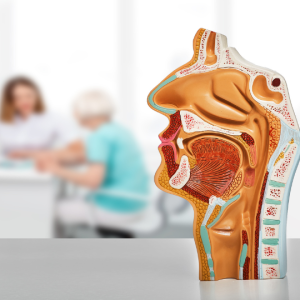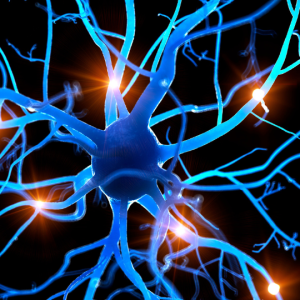- :+91 - 89402 62058, +91 76392 89213
- Agilkarai Street, Tirumayam, Tamil Nadu 622507
Well-Child Checkups
Well-child checkups are routine medical examinations conducted by pediatricians to monitor and assess the health and development of infants, children, and adolescents. These visits typically include physical examinations, growth measurements, and vaccinations according to the recommended schedule. Well-child checkups serve as opportunities for parents and caregivers to discuss any concerns about their child's health, behavior, or development with the healthcare provider. Regular checkups play a vital role in early detection of potential issues and in promoting preventive care, ensuring the overall well-being of the child as they grow.

Common Childhood Infections
Common childhood infections encompass a range of illnesses frequently observed in children. Respiratory infections such as the common cold, flu, and bronchitis are prevalent, often accompanied by symptoms like coughing and congestion. Ear infections, particularly otitis media, can also affect children, causing ear pain and sometimes temporary hearing loss. Gastrointestinal infections like gastroenteritis, often due to viruses or bacteria, lead to symptoms such as diarrhea and vomiting.

Respiratory Conditions
Respiratory conditions encompass a broad spectrum of disorders affecting the respiratory system. Common examples include asthma, characterized by airway inflammation and bronchoconstriction, leading to wheezing and shortness of breath. Chronic obstructive pulmonary disease (COPD) is prevalent among adults, causing progressive airflow limitation.

Allergies and Allergic Conditions
Allergies and allergic conditions refer to immune system responses to substances that are typically harmless but trigger allergic reactions in some individuals. Common allergens include pollen, dust mites, pet dander, and certain foods or insect stings. Allergic reactions can manifest as respiratory symptoms like sneezing, nasal congestion, and asthma, as well as skin reactions such as hives or eczema.

Gastrointestinal Disorders
Gastrointestinal disorders involve a variety of conditions affecting the digestive system. Common examples include gastroesophageal reflux disease (GERD), causing heartburn and acid reflux. Irritable bowel syndrome (IBS) leads to abdominal pain, bloating, and changes in bowel habits. Inflammatory bowel diseases (IBD) such as Crohn's disease and ulcerative colitis result in chronic inflammation of the digestive tract.

Ear, Nose, and Throat (ENT) Issues
Ear, Nose, and Throat (ENT) issues encompass a range of medical conditions affecting the head and neck. Common ENT problems include ear infections, sinusitis, and tonsillitis, which may cause symptoms such as ear pain, congestion, and sore throat, respectively. Hearing loss and balance disorders are also addressed within this specialty.

Dermatological Conditions
Dermatological conditions refer to a wide range of skin disorders affecting the skin, hair, and nails. Common examples include acne, eczema, psoriasis, and dermatitis, characterized by inflammation and irritation. Skin infections such as fungal or bacterial infections are also prevalent.

Pediatric Cardiology
Pediatric cardiology is a specialized branch of medicine focusing on the diagnosis and treatment of heart conditions in infants, children, and adolescents. Pediatric cardiologists assess and manage a variety of cardiac issues, including congenital heart defects, arrhythmias, and acquired heart diseases. Diagnostic tools such as echocardiography and electrocardiography are frequently used to evaluate heart function.

Pediatric Endocrinology
Pediatric endocrinology is a medical specialty that focuses on the diagnosis and management of hormonal disorders in children. Pediatric endocrinologists specialize in addressing issues related to the endocrine system, which includes glands that produce hormones regulating growth, metabolism, and development. Common conditions treated in this field include diabetes, growth disorders, thyroid disorders, and adrenal gland issues.

Pediatric Neurology
Pediatric neurology is a medical subspecialty focused on the diagnosis and treatment of neurological disorders in children. Pediatric neurologists address a range of conditions affecting the nervous system, including epilepsy, developmental delays, and neuromuscular disorders. Diagnostic tools such as electroencephalography (EEG) and imaging studies are utilized to assess neurological function.

